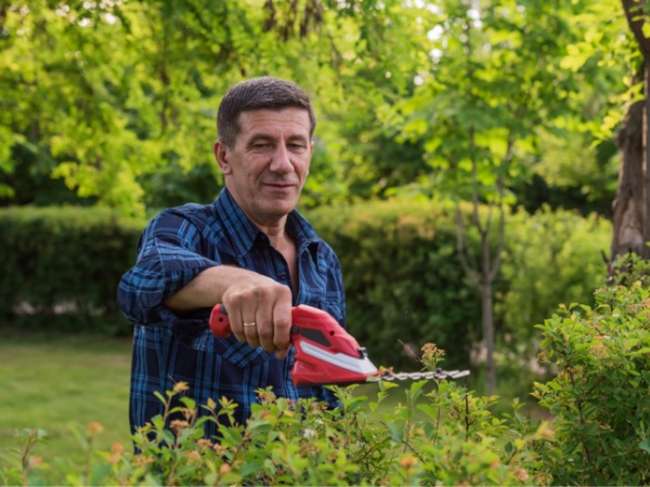We may earn revenue from the products available on this page and participate in affiliate programs. Learn More ›
Tackle Landscaping Like a Pro With Free Advice
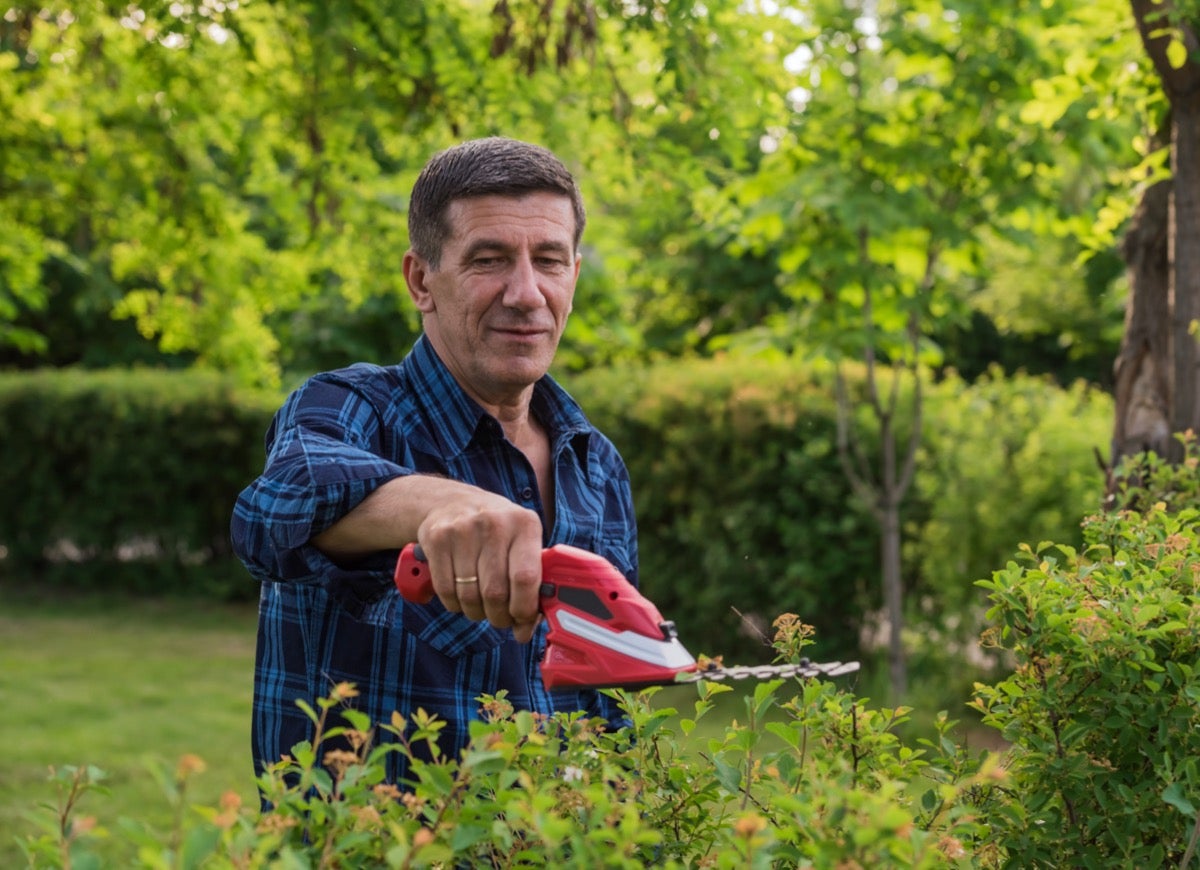
If you’re struggling to maintain a front or backyard but don’t have the budget to leave everything up to a professional, the local extension office may be able to help. The Cooperative Extension Service, sponsored by the U.S. Department of Agriculture, aims to provide research-based information about all sorts of topics, including gardening and lawn care, to curious citizens. While it’s possible to find a ton of helpful tips online, calling up the local extension office is the best way to get actionable advice specific to a situation. If you’re not sure who to call, the Old Farmer’s Almanac has a helpful list of Cooperative Extension Services by state. We’ve listed 12 landscaping problems your extension service can help you solve below.
Lawn Repair
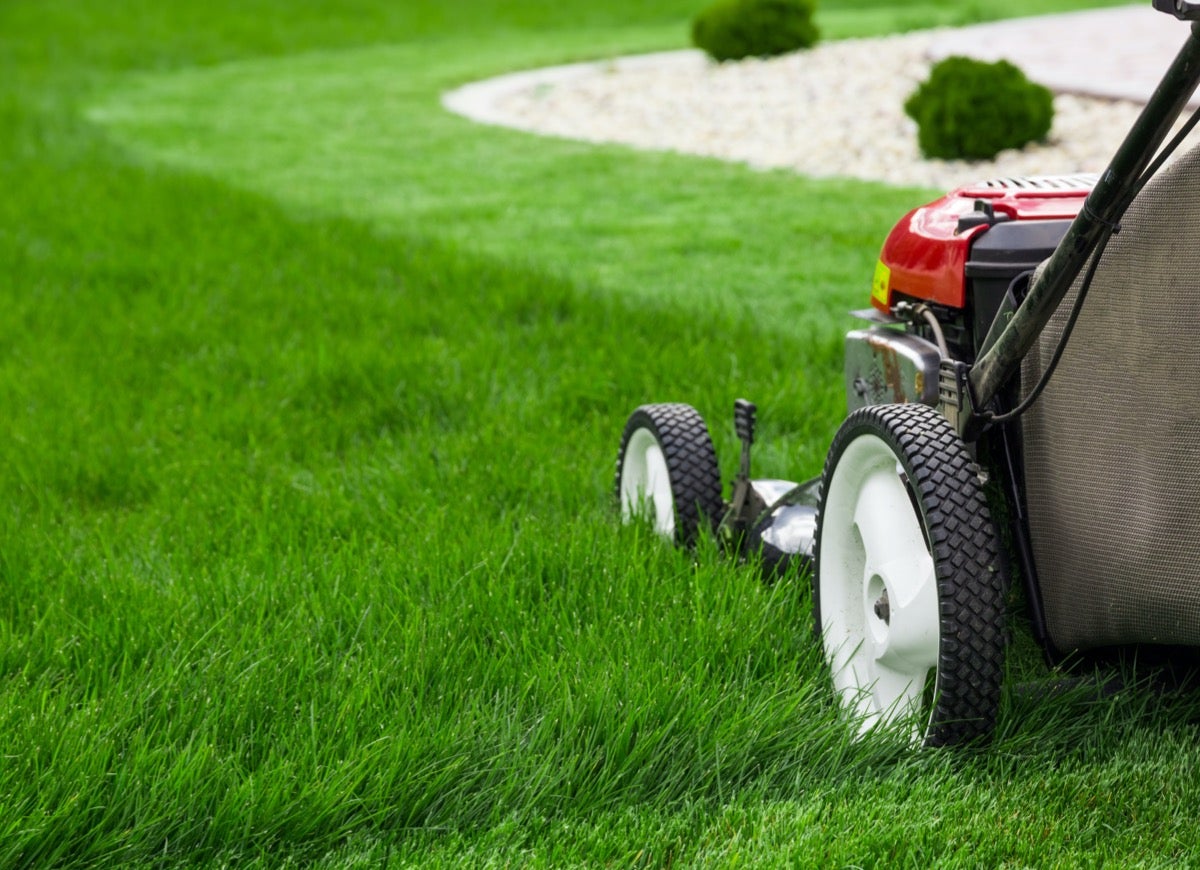
While more and more people turn to eco-friendly alternatives to regular green lawns, grass is still king in many municipalities. And not everyone has the time or cash to transform a strip of property into a pollinator’s oasis overnight. Your local extension office can help you whether you’re interested in swapping thirsty grass for something more drought-tolerant or you’re just looking to revitalize your brown lawn.
Related: 10 Remedies to Rescue a Dying Lawn
Insect Pests
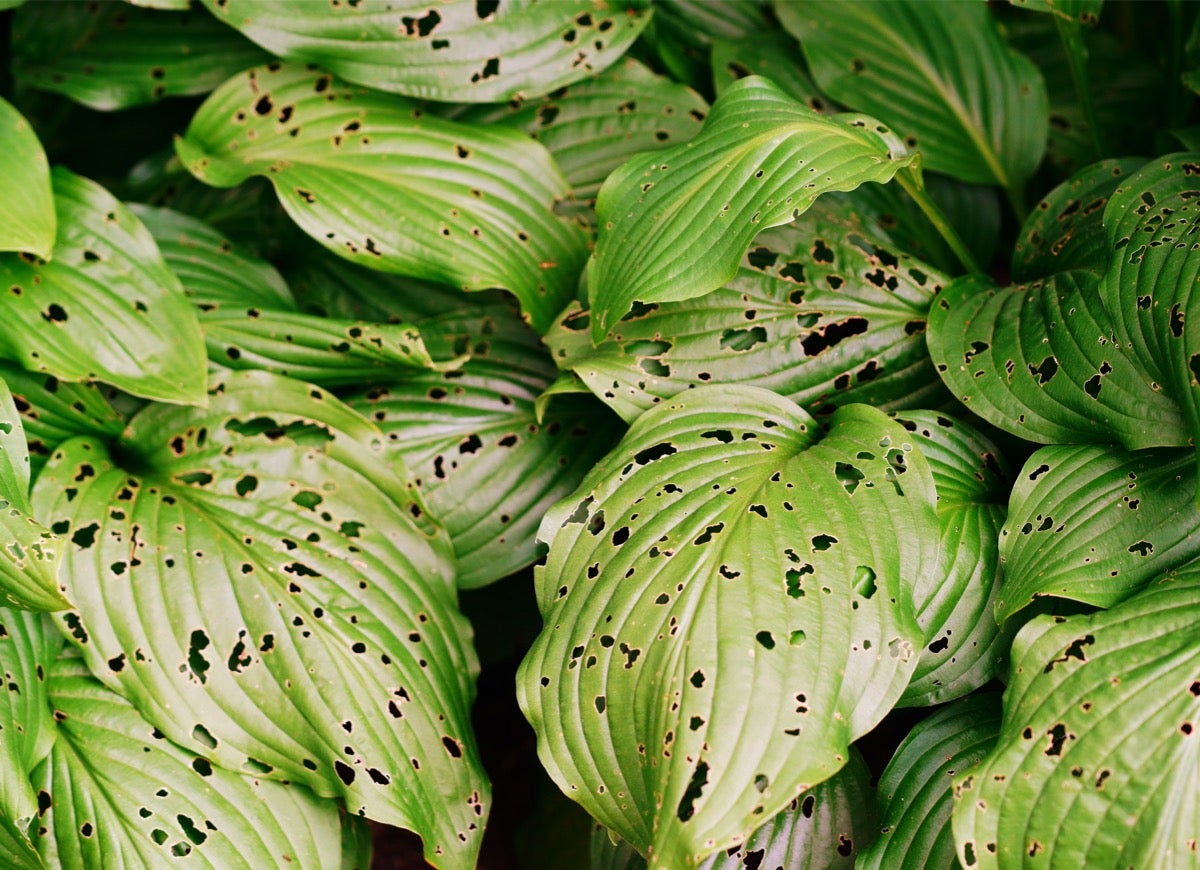
If you’re having trouble with bugs eating landscaping plants or attacking fruit trees, your local extension office can help tackle the problem. They can help identify pests, which is the first step in knowing how to eradicate them.
Animal Pests

If deer and small rodents are ruining a carefully curated landscape, you can turn to your local extension for advice on how to handle the infestation. They can provide pointers on how to deter and control animal pests. Like with insects, they can also help with identification and give you a heads up on types of local wildlife that might encroach on your lawn.
Weeds
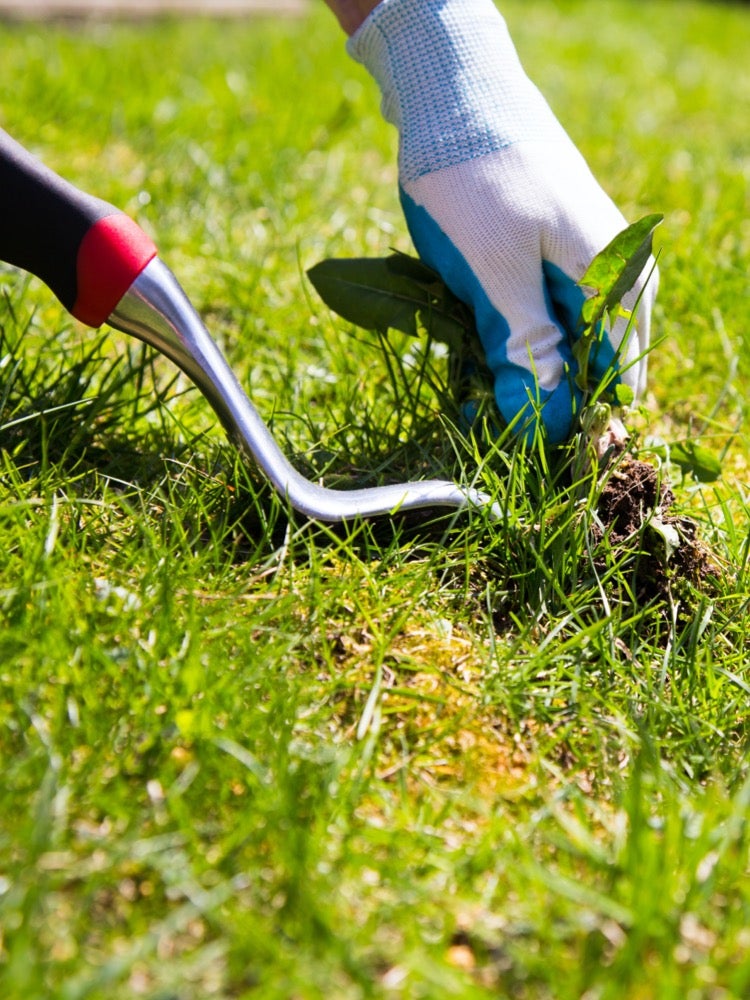
Another helpful type of identification these offices can provide involves weeds. Even seasoned gardeners eventually run into trouble with invasive plant life. Some weeds are easy to deal with, while others can quickly leave you at wit’s end. Extension office experts can also help avoid future problems by letting you know if a plant is considered invasive in your area.
Related: 13 Plants You Never Knew Were Weeds
Design Roadblocks
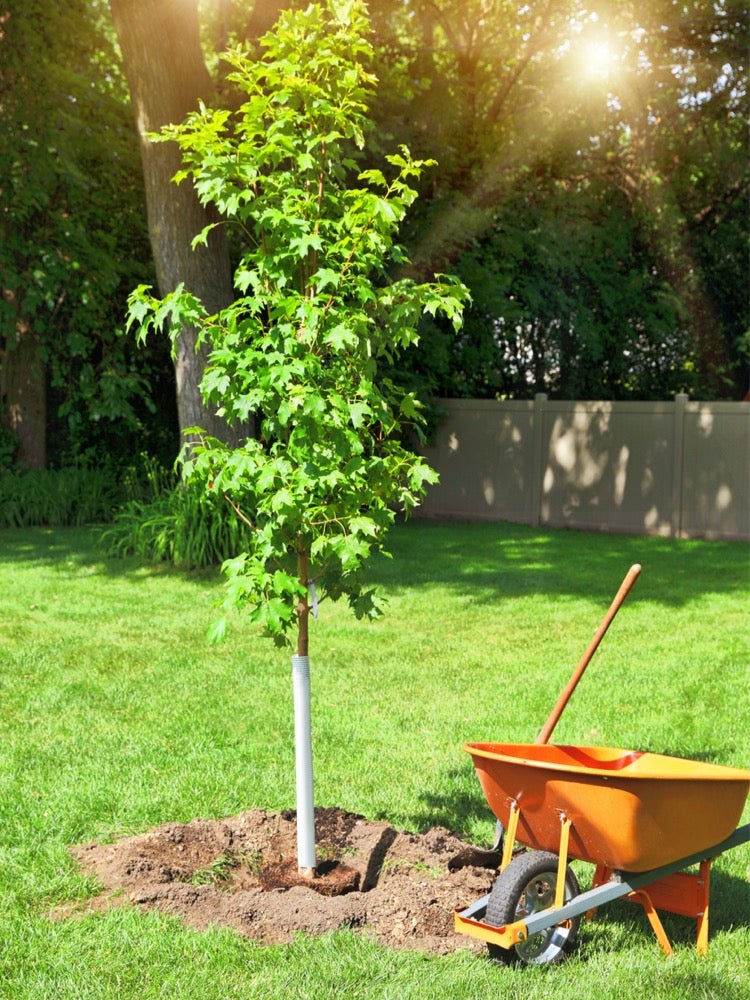
Those who can’t afford professional landscaping services might be wary of approaching projects that require planning. When planting new trees or adding perennials to the front yard, a local garden center staff can help. However, you might run into people who will try to sell something rather than provide valuable advice. Your local extension office can answer your burning design questions like “what plants are drought-tolerant?” or “how far away do I need to plant this tree?”
Maintenance Issues
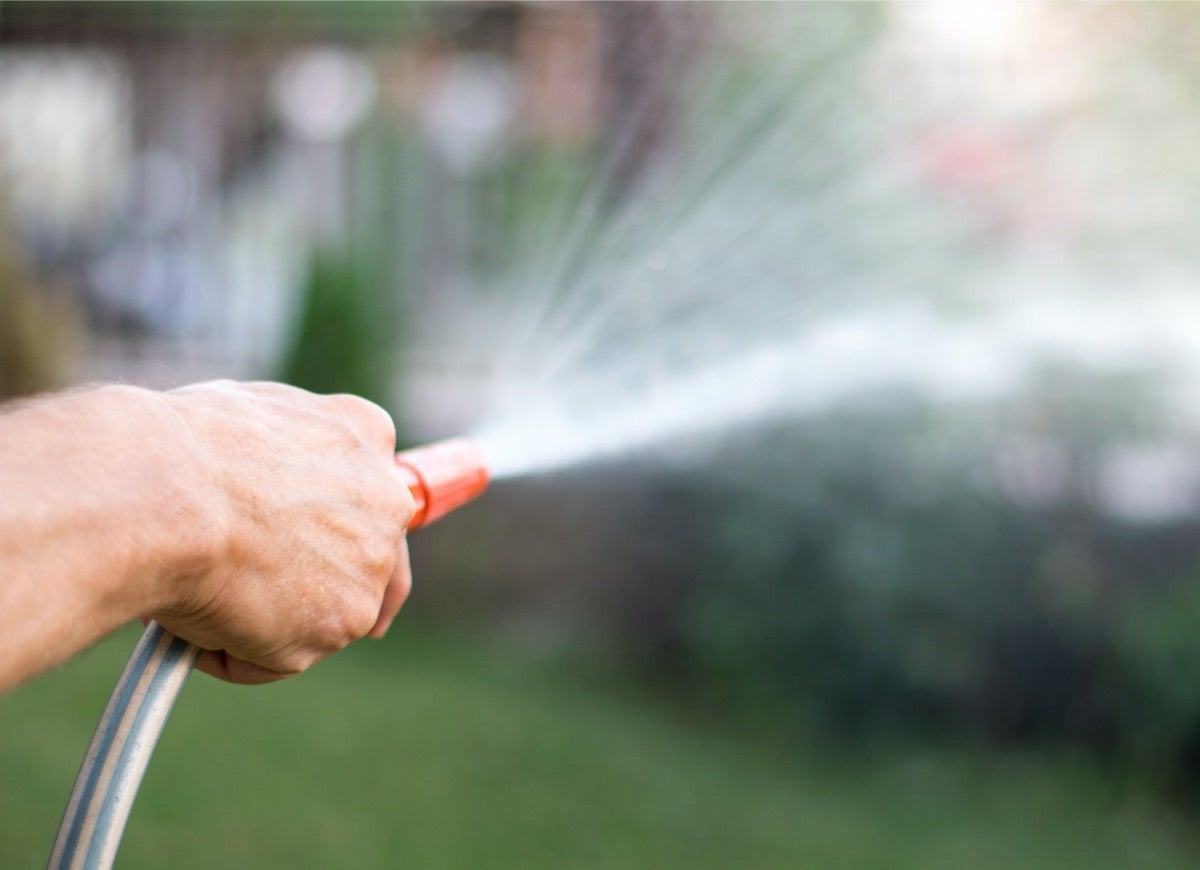
Just because a lawn is established doesn’t mean the property owner is home free. As the weather changes from year to year, it’s possible to run into problems you’ve never encountered before. Is drought a new occurrence that seems to be affecting your grass? It can be hard to help a thirsty lawn if your town has strict watering regulations. Ask your local extension about how to water your lawn with minimal waste.
Poor Tree Health
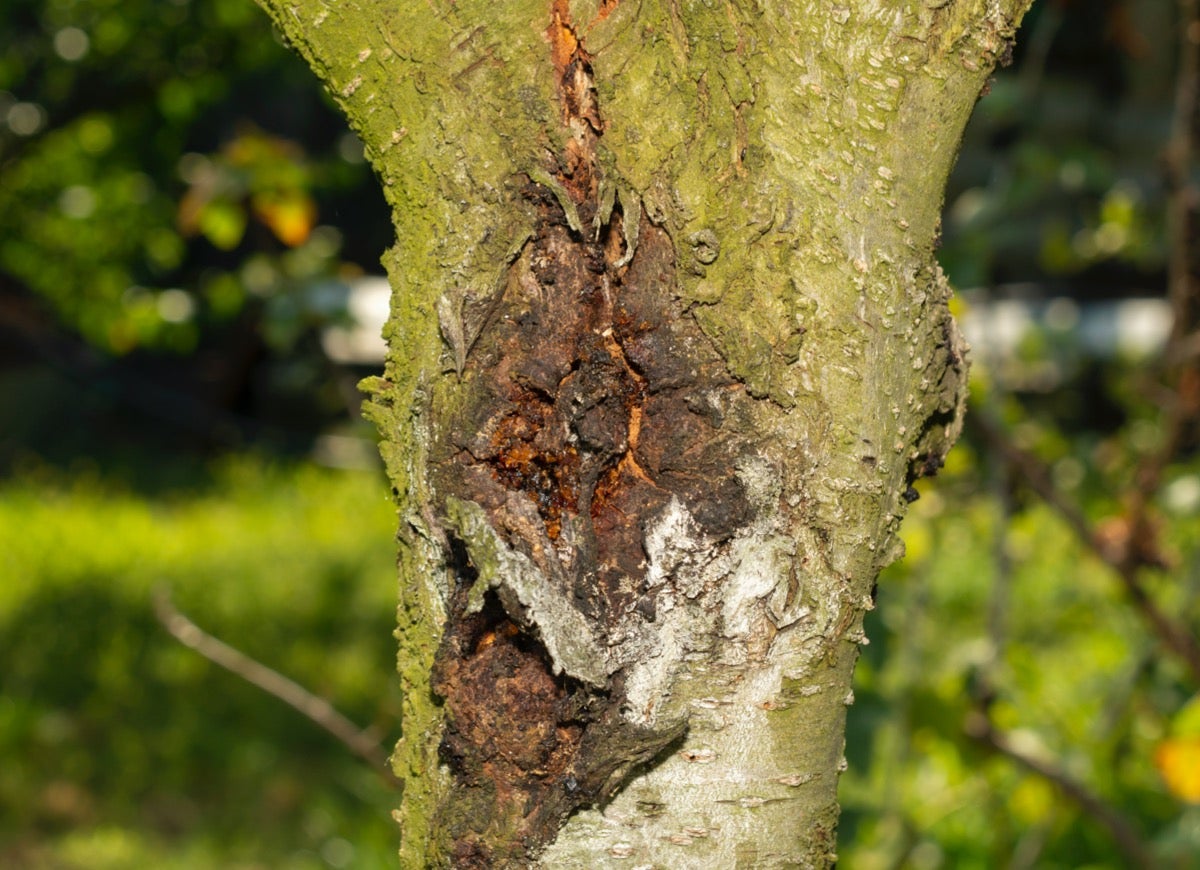
Trees add a lot of personality and gravitas to a landscape, but some can be costly to maintain. If you think your tree’s health is in decline, getting an expert’s input can be expensive. However, ignoring the problems can be even costlier. Diseased trees can fall and damage nearby structures. Before shelling out cash for expensive assessments, considering asking a local extension service for advice on how to proceed. They’ll also know about tree diseases common to the area and may be able to treat trees before it’s too late.
Soil Issues
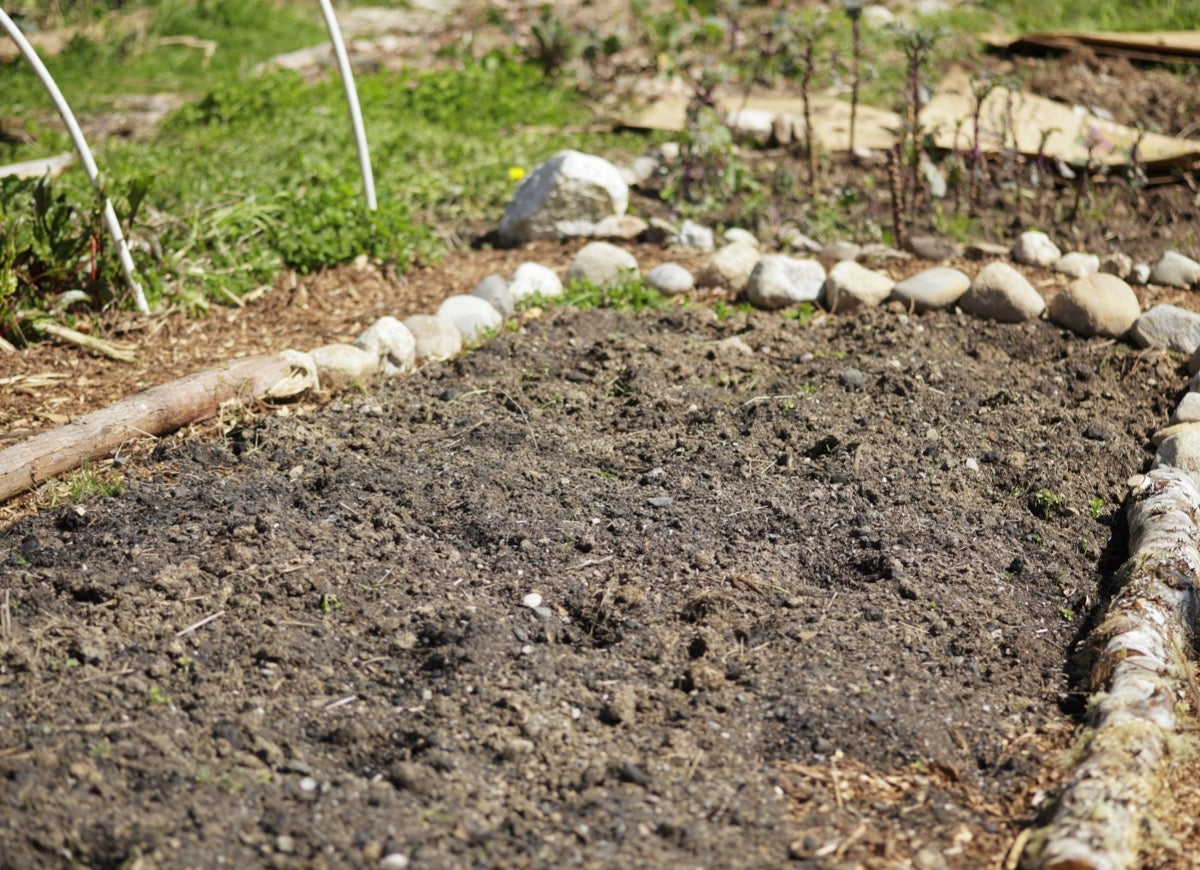
If you’re wondering why your plants aren’t thriving, it could be the soil. Many people tend to respond to stunted plant or grass growth by piling on fertilizer. But without knowing the nutrient composition of the soil, doing so may make matters worse. Most extension offices provide handy soil testing services. They’ll share exactly how to sample soil for the most accurate results. Once you’ve got your samples, mail them off for testing. Results typically come back within a week or two. If you’re unsure how to interpret the results and recommendations, you can call and ask for clarification and help.
Drought
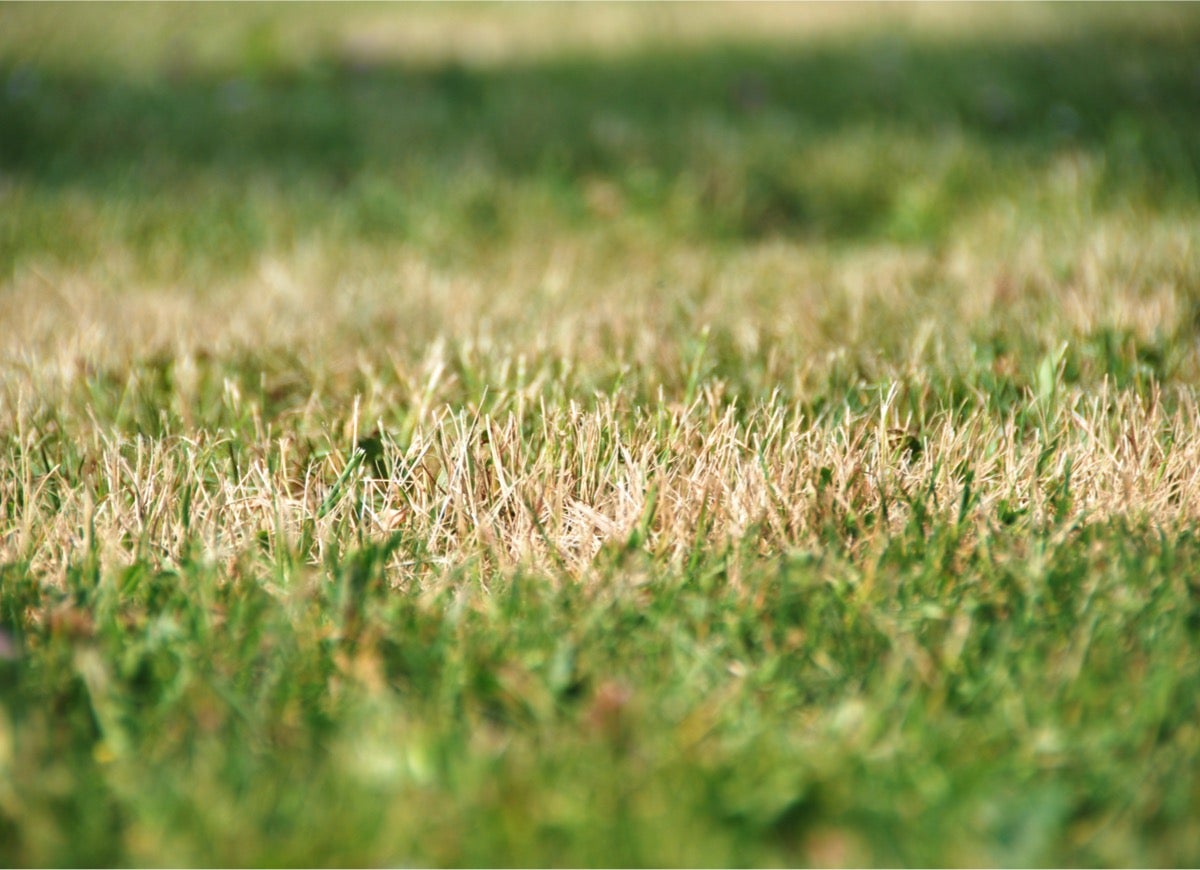
If you live in a dry region, you may want advice on dealing with prolonged periods of drought. Extension offices in states known for their dry weather are well-equipped to tackle landscaping projects in the face of a drought. They can help weigh different solutions like irrigation systems or xeriscaping.
Disease Control
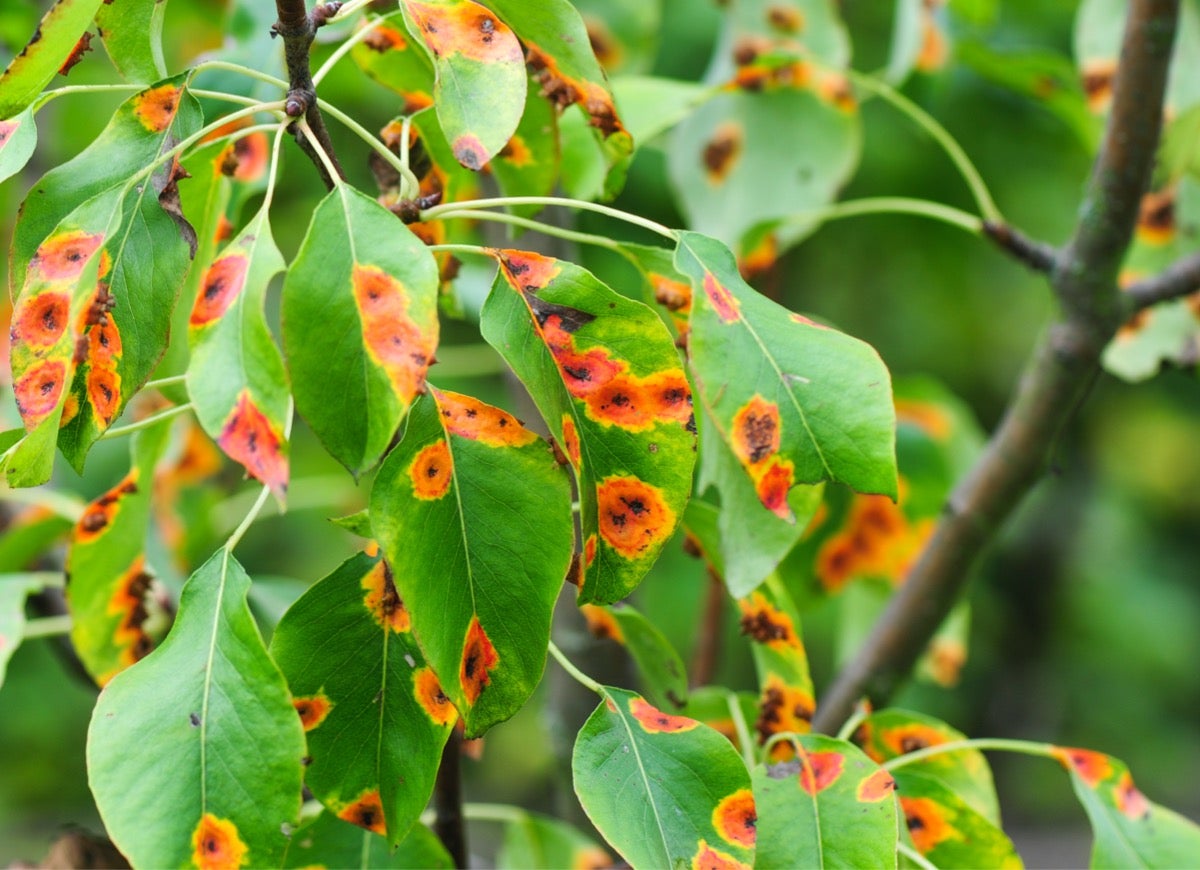
Plant diseases often have wildly different management strategies. Extension websites are chock full of information on how to handle plant diseases. Offices can also help you identify conditions via lab testing and provide treatment recommendations.
Plant Selection
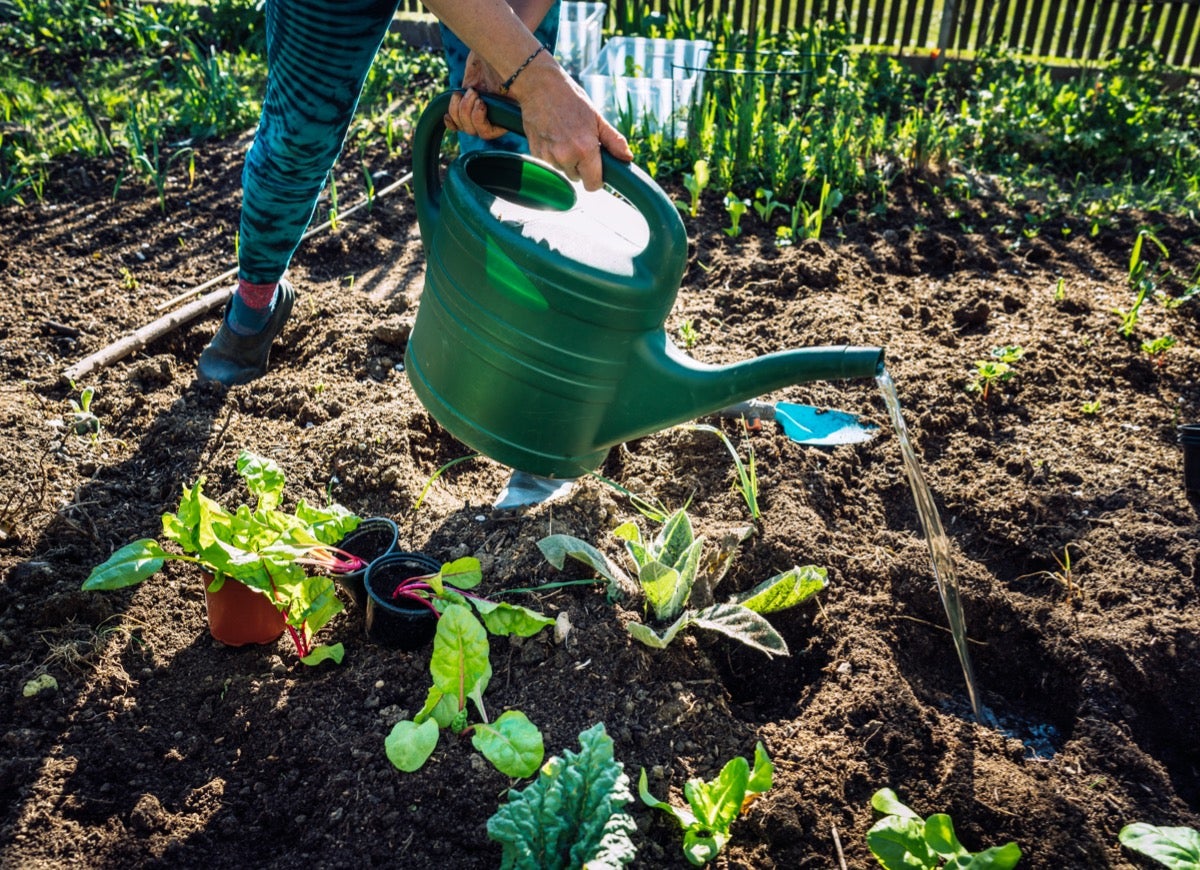
Your local extension office is uniquely well-suited for giving advice on which plants to add to the landscape. They can share recommendations specific to the area, climate, and microclimate.
Soil Diseases
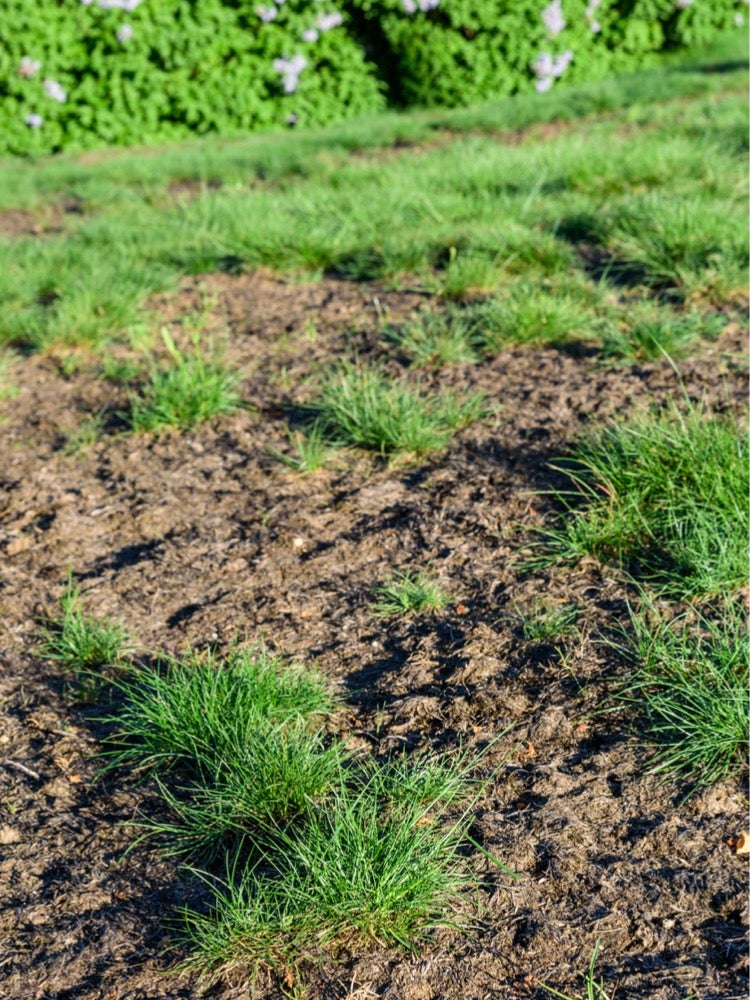
Some extension offices offer lab testing for fungal diseases that live in the soil. These diseases are difficult to eradicate, but knowing what you’re dealing with is the first step in solving the problem. Expert staff and volunteers can advise on how to handle diseases that crop up from year-to-year.
Related: 9 Mistakes You’re Making That Are Damaging Your Soil

DIY Flooring Solutions That Look Practically Professional
In search of flooring that meets the needs of the space without sacrificing style? We found solutions for 5 tricky space updates that blend aesthetics, durability, and DIY-friendly design.
